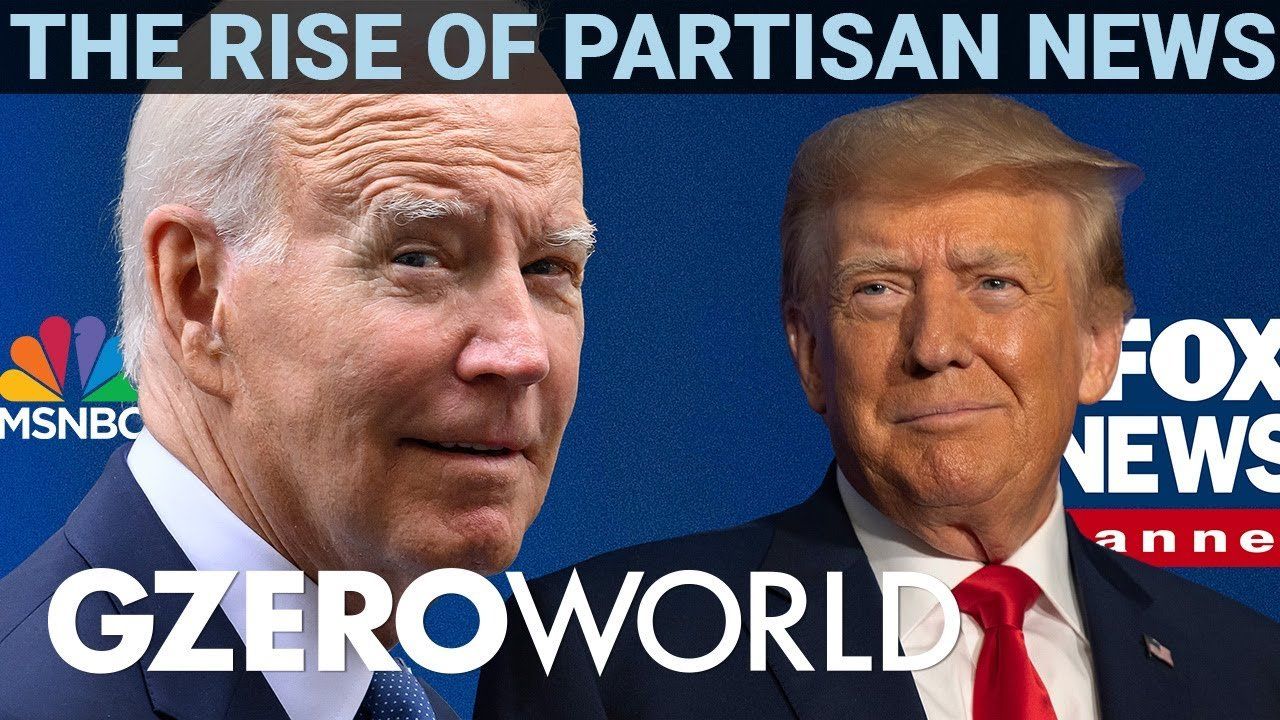
There was a time, not so long ago, when people trusted the media, and not just their specific corners of it. Walter Cronkite. Edward R. Murrow. Dan Rather. These were people all Americans relied on to understand the world, and they did so without suspicion. Today, we live in a different reality (or multiple realities, in fact). But according to media historian Nicole Hemmer, the war on trust began decades ago.
Starting back in the 1970s, Hemmer says, "...it was advantageous to the Republican Party to try to create an alternative to the mainstream media, an alternative to the Walter Cronkites...We see that with Fox News in the '90s, but also with the rise of talk radio, and then to some extent, the rise of alternative social networks that's happening now."
Hemmer joined media journalist and former CNN host Brian Stelter on a special panel interview for GZERO World with Ian Bremmer. The two discussed how the hyper-fragmented media landscape in which we find ourself has actually been decades in the making. And they look ahead to the 2024 election and consider how media companies can rebuild trust with Americans during such a crucial time for democracy.